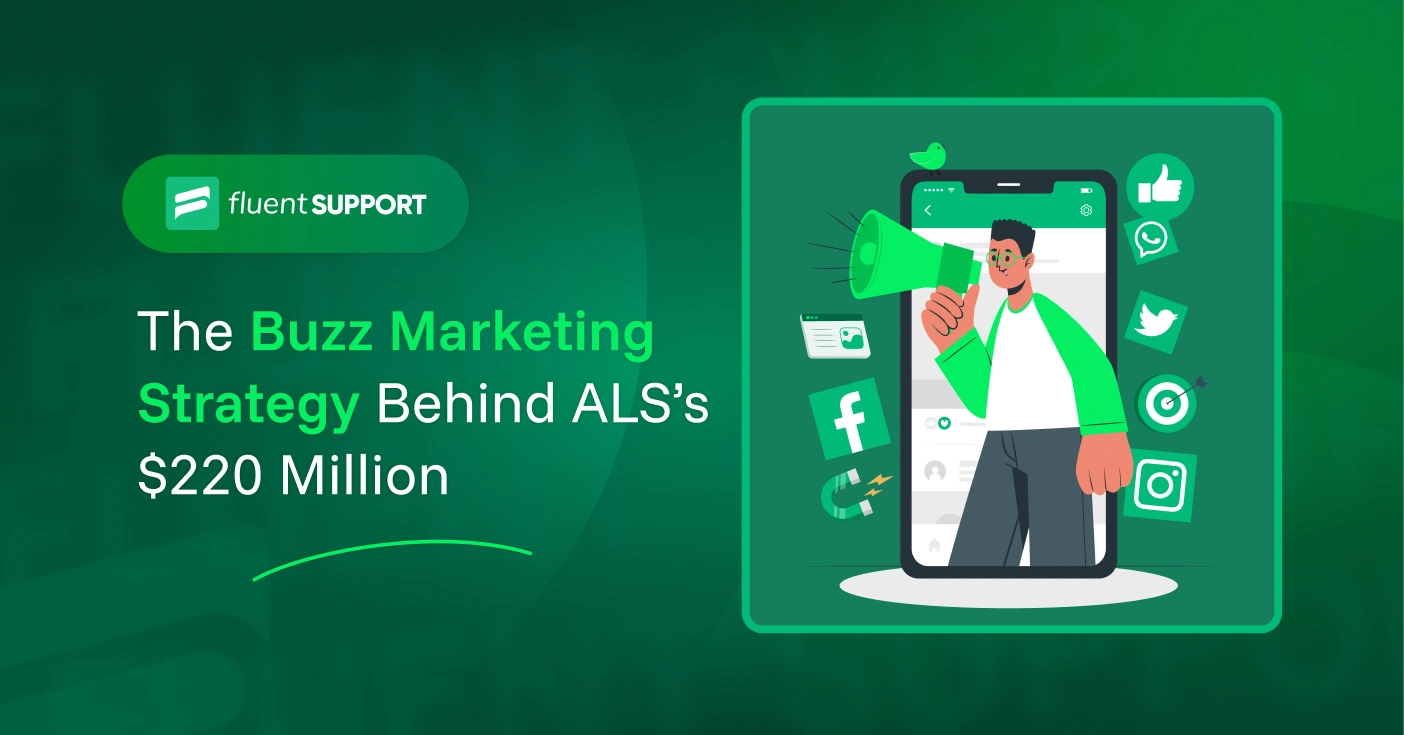
The Buzz Marketing Strategy Behind ALS’s $220 Million Fund Rising
By Prosanjit Dhar
July 4, 2025
Last Modified: July 4, 2025
Remember the “Ice Bucket Challenge”?
Over 17 million people around the world dumped ice water on their heads because of the social media buzz. Maybe you were one of them, too.
This sensation was not just for entertainment. It was a powerful awareness campaign on ALS research. It educated millions about the disease and raised over $220 million for the ALS Association in just a few months.
That’s the impact of buzz marketing. And it’s no coincidence that many well-known companies rose to fame because of this.
So today, we’ll break down the concept of buzz marketing and show you exactly how to use this strategy to level up your marketing game.
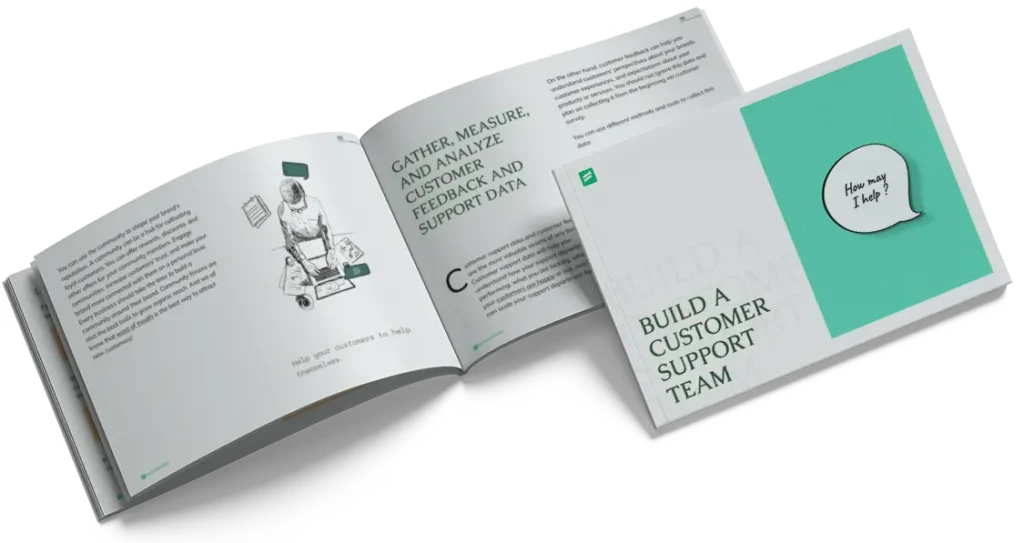
What is buzz marketing?
Buzz marketing is a strategy focused on creating buzz or hype around a product, event, or campaign to generate excitement and encourage word-of-mouth.
It’s about creating a moment where people can’t help but talk about, share, and experience together. And, to do that, you need authenticity, shareability, emotional connection, simplicity, and also timing.
This buzz can be sparked by intentional marketing activities by the brand itself or triggered by independent events that capture public attention through discussions, social media trends, or even news portals.
Let’s see how ALS research successfully created buzz in the audience through their marketing strategy.
Buzz marketing factors behind ALS Ice Bucket Challenge
ALS Ice Bucket Challenge was a random challenge that turned into a blueprint for buzz marketing success.
It all started with Anthony Senerchia, who had been living with ALS for 11 years. There was no hope of life, as his wife Jeanette once said.
One day, Jeanette’s cousin, just joking around, challenged her to do the ice bucket challenge. And, Jeanette accepted it, with a purpose.
She filmed herself pouring ice water over her head to raise awareness for ALS. The video was raw, emotional and real. And that authenticity made it unforgettable, sparking a global movement that raised $220 million in donations for ALS.
But the challenge didn’t go viral by chance. It spread because it struck the perfect balance between emotion, simplicity, and social behavior.
Here’s what made it work.
This challenge portrays also one of the important marketing lesson: “the most powerful buzz marketing doesn’t feel like marketing at all.”
Types of buzz marketing strategies that consistently work
Now that we’ve seen how the Ice Bucket Challenge sparked massive buzz, let’s explore the different types of buzz marketing strategies that you can follow to reach a similar path.
User-generated content campaigns
Just like the Ice Bucket Challenge relied on people creating their own videos, successful brands turn customers into content creators.
When people share their own experiences with your brand, it creates authentic buzz that feels genuine, not forced.
Influencer and celebrity endorsements
Remember how the Ice Bucket Challenge exploded when celebrities like Bill Gates and Mark Zuckerberg participated?
That’s the power of celebrity involvement. When well-known personalities share your campaign, their credibility instantly transfers to your brand, reaching millions of followers in the process.
Product seeding and giveaways
Many brands create buzz by putting their products directly into the hands of influencers, industry experts, or early adopters.
These individuals then share their genuine experiences and create organic word-of-mouth that spreads naturally, just as the Ice Bucket Challenge began with one person’s authentic story.
Experiential marketing events
Hosting unique and engaging events can generate massive excitement. Interactive installations, flash mobs, and surprise brand activations create memorable moments that people can’t help but share.
The key is making the experience so remarkable that participants become your brand advocates.
Controversial marketing
Sometimes brands spark conversations by addressing bold or controversial topics. This approach grabs attention quickly, but it’s a double-edged sword.
It must be carefully managed to avoid negative backlash while still creating the buzz you want.
How to create your own buzz marketing campaign
It might seem odd that an event started as a joke turned into a professional marketing strategy. But to be honest, some of the most successful marketing campaigns weren’t born in boardrooms.
They came from real and unfiltered events of life. In fact, real human experiences often have a greater impact than carefully crafted experiments.
So, let’s break down the strategies to create those viral moments.
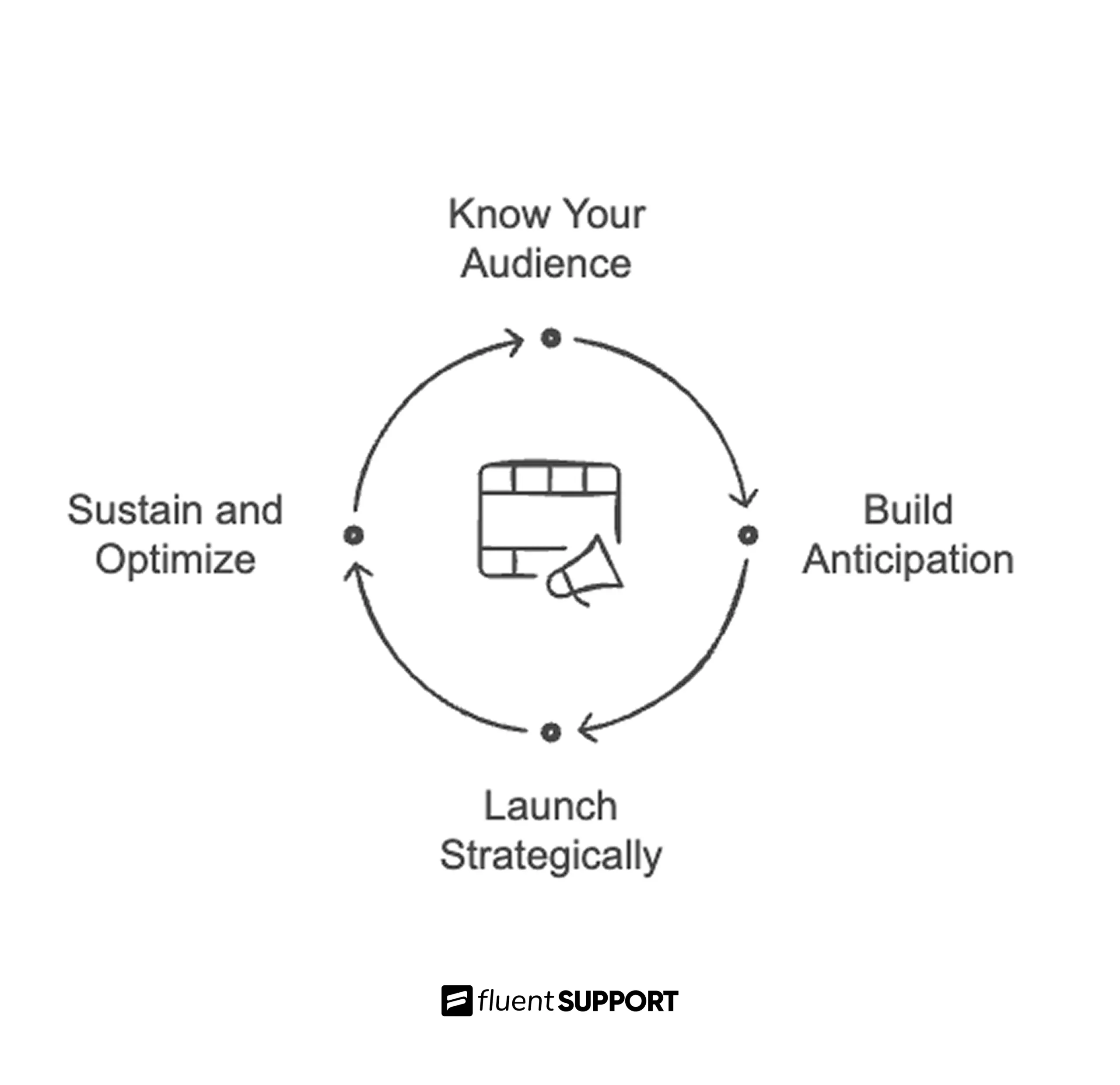
1. Know your audience
The Ice Bucket Challenge worked because it understood its audience. People who cared about meaningful causes but wanted to participate in something fun and social.
Start by identifying your target audience.
- What are their interests, pain points, and people’s behaviors?
- How do they consume content?
- What makes them share something with their friends?
As your campaign gains momentum, keep monitoring how your audience expands and evolves. This helps you adjust your message to resonate with both your core audience and new participants.
2. Build anticipation (The teaser phase)
Create teasers that hint at what’s coming without revealing everything. Give your audience just enough information to spark their interest and make them want more.
This anticipation phase also helps you gauge initial reactions and adjust your approach before the full launch.
3. Launch and amplify strategically
Use branded hashtags to create a central hub for your campaign. Partner with influencers, industry experts, and content creators who authentically align with your message.
Their participation adds credibility and reaches new audiences. Then comes the big reveal, launch your campaign into the public eye, and let the momentum build naturally.
4. Sustain and optimize
Monitor your campaign’s performance and be ready to adapt. Some buzz marketing campaigns need additional support from social media marketing, video content, or press coverage to maintain momentum.
Track what’s working, analyze the data, and adjust your strategy to keep the buzz alive.
Wrapping up
Whether it’s a grassroots movement like the Ice Bucket Challenge or a corporate campaign from a major brand, successful buzz marketing combines authenticity with strategic amplification.
The brands that master this balance are the ones that create movement (not just marketing campaigns).
Start off with a powerful ticketing system that delivers smooth collaboration right out of the box.






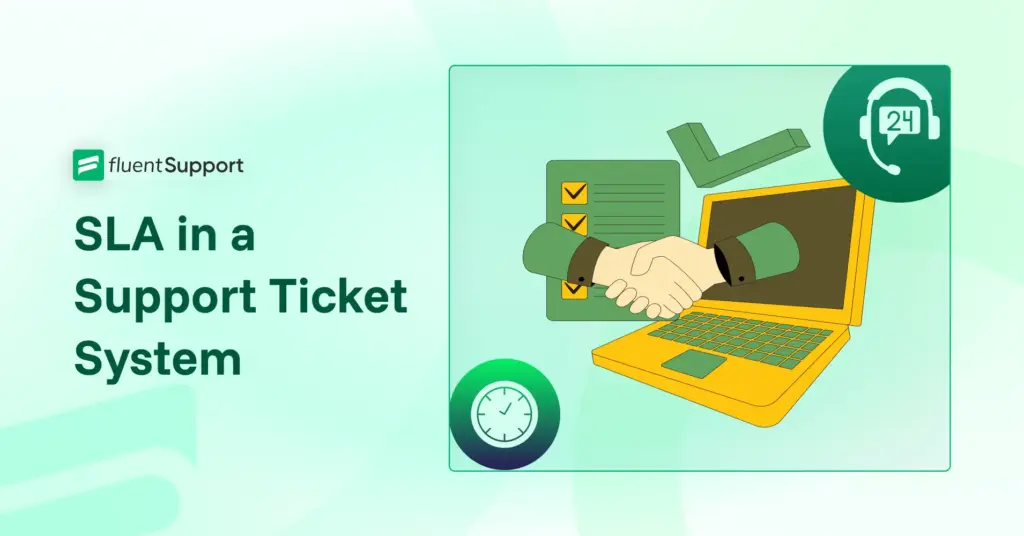
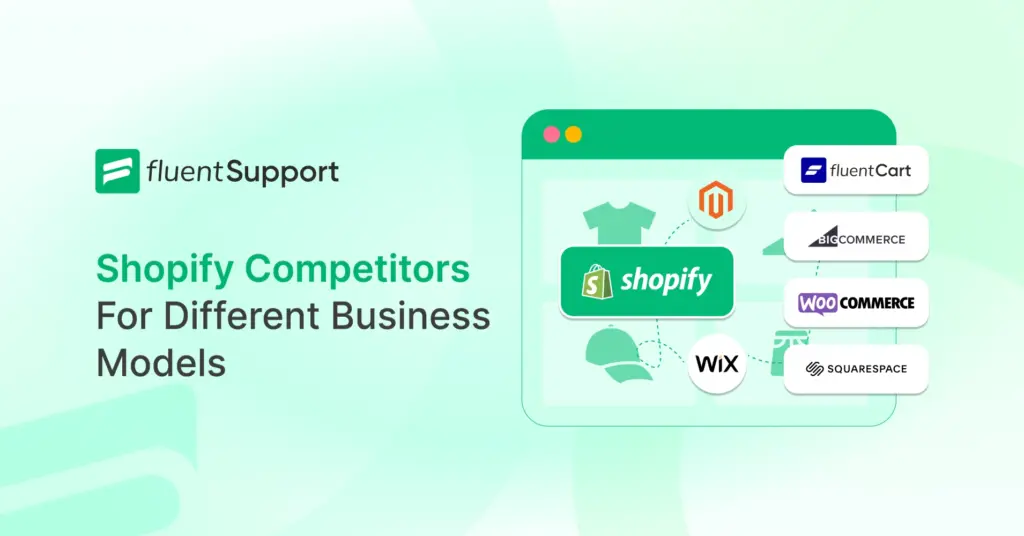
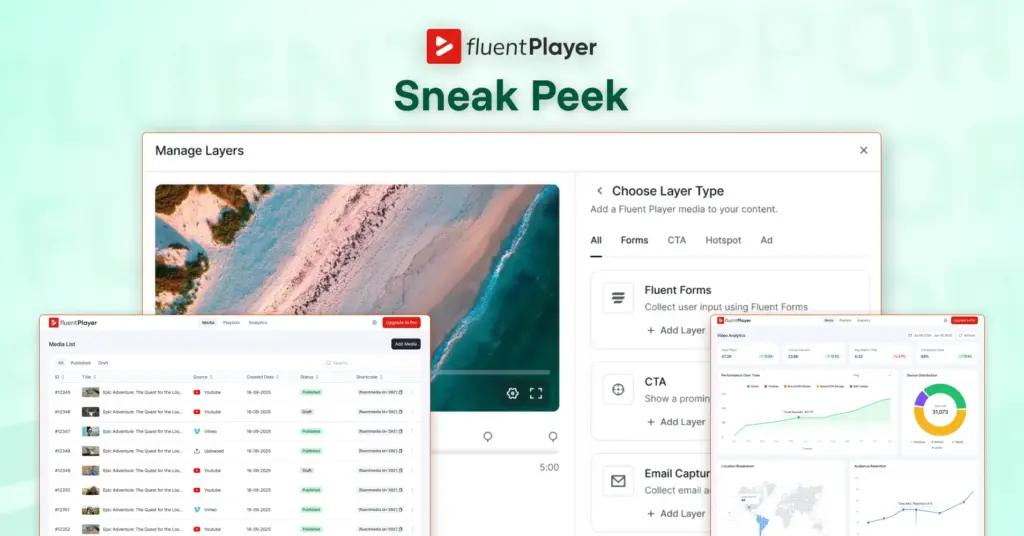
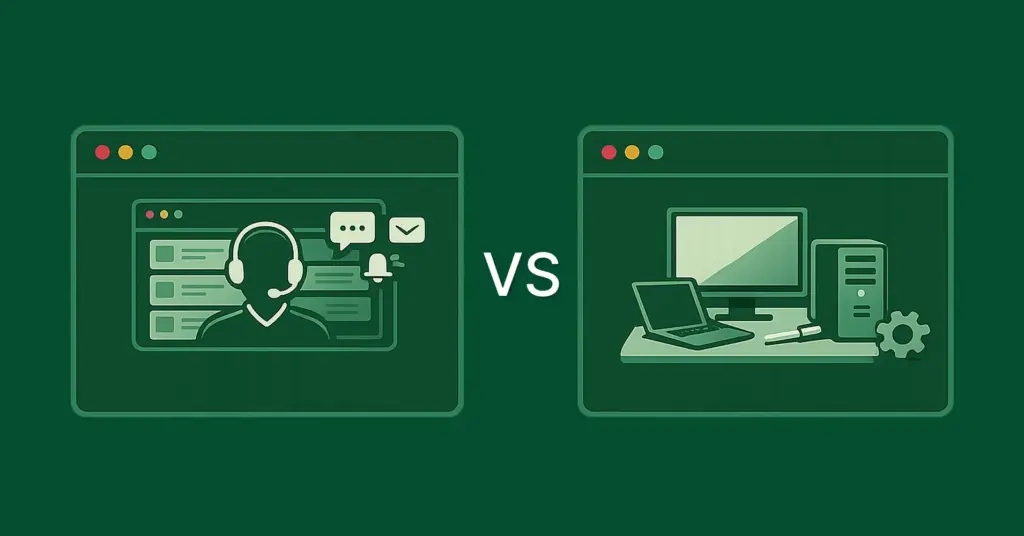
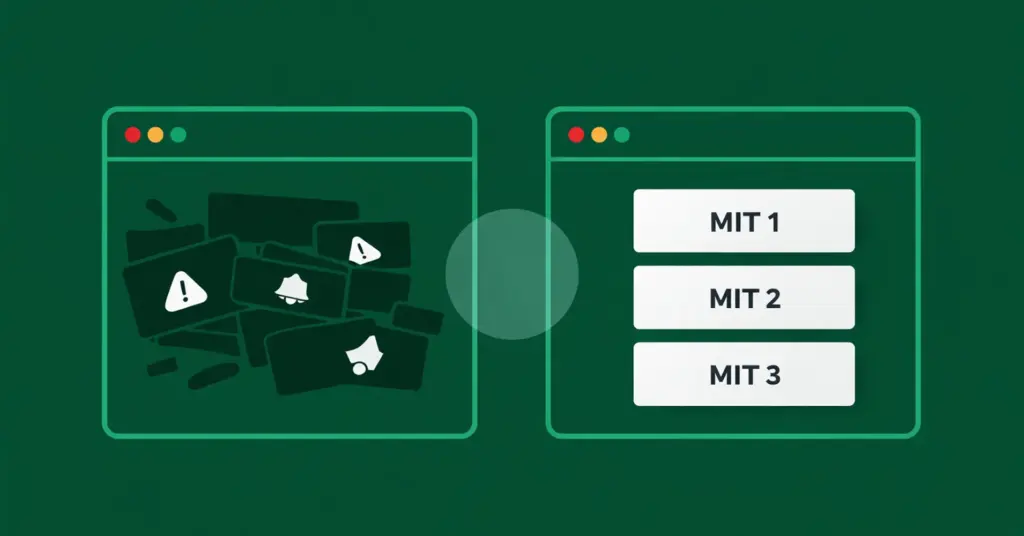

Leave a Reply